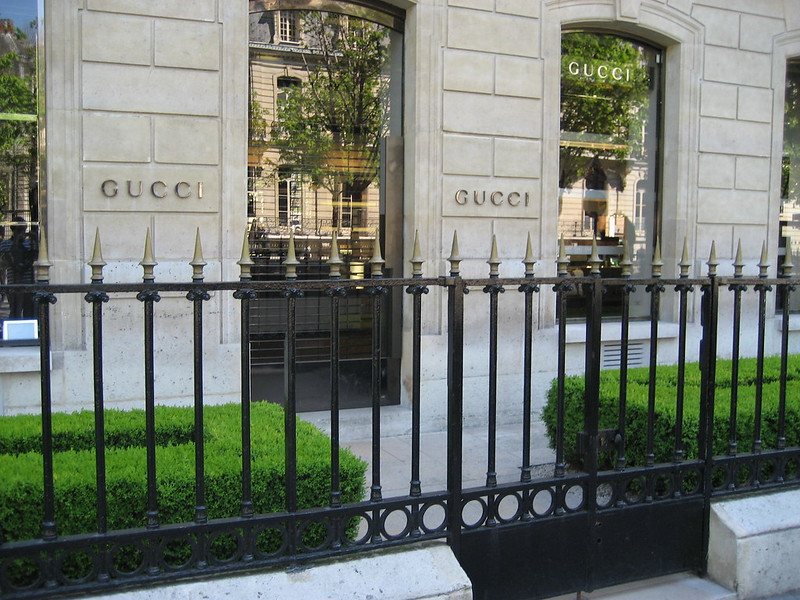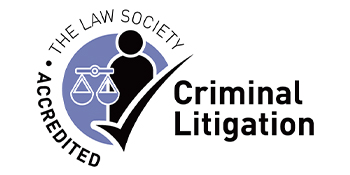STRAIN
A'I GWMNI
AND COMPANY
14A Stryd Penlan, Pwllheli, Gwynedd

Counterfeit and pirated goods

Date: 2022-03-17
Europol has issued a report on the way criminal networks have adapted to new opportunities and demand for products generated by the pandemic.
The Intellectual Property Crime Theft Assessment 2022 was produced by Europol and the EU Intellectual Property Office (EUIPO). It is a strategic report updating policymakers and the public on the threat from intellectual property crime in the EU.
Europol is based in The Hague and supports EU member states in the fight against terrorism, cybercrime and other organised crime. The EUIPO is a decentralised agency on the EU based in Spain. It manages the EU trademark and the registered Community design, both of which provide intellectual property protection in the EU member states.
The report confirms that piracy and counterfeiting continue to pose a serious threat to consumers and the economy. It has been a key activity during the pandemic, and the fact that this criminality has no borders. The report provides a comprehensive assessment of the criminal activity and its impact on the EU.
During the pandemic, online and offline distribution of fake and substandard goods was a key criminal activity. An estimated value of EUR 119 billion has been given to counterfeit and pirated goods representing up to 5.8% of imports. The detection of such goods by the customs authorities has decreased in the last three years, with COVID influencing the seizure results.
The items targeted by counterfeiters include:
- clothing, accessories and luxury goods;
- electrical devices, mobile phones and components;
- food and drink;
- perfumes and cosmetics;
- pesticides;
- pharmaceutical products;
- piracy;
- tobacco products;
- toys.
Key developments
- Most counterfeit goods distributed in the EU are made outside of the EU, but increasingly, goods are being produced within the EU.
- The pandemic presented new opportunities for counterfeiters and the distribution of goods. Those involved in counterfeiting have been adaptable in adjusting their business model by shifting product focus and marketing.
- Counterfeiting relies heavily on the digital domain in order to source components and distribute their products.
- There is an intelligence gap in the financial dimensions of the counterfeiting business in the EU. However, there is evidence that criminal proceeds are being laundered using traditional and sophisticated schemes making use of technology, trade-based money laundering and offshore jurisdictions.
- Criminal networks based outside of the EU are believed to produce and organise the importation and distribution of counterfeit goods in the EU. Some EU-based networks distribute imported counterfeit goods, and some also operate facilities to assemble semi-finished goods.
- Live stream sales, videos and sponsored advertising on social media are used to target customers for clothing with offers of discounts or low price branded products.
- There is a global shortage of semiconductor chips that counterfeiters are exploiting; mobile phones, accessories, and components are amongst the most targeted commodities.
- Illicit food, including drinks, is increasing and becoming more sophisticated. Violations of protected geographical indications covering a wide range of products continue to be reported.
- Illicit pesticides are a low-risk, high-profit crime, and there is a high demand for the products with low sanctions for the offenders.
- Illegal laboratories within the EU produce illicit pharmaceuticals that are difficult to detect. The products do essentially continue to originate outside of the EU.
- Audio-visual content is illegally distributed via websites hosted on servers across Europe, the Middle East and Asia. Advanced technical countermeasures are used along with the use of new technologies to conceal digital traces.
- Criminal networks can maintain a business model with modern, professional production facilities nearer to their destination markets.
The impact of this type of crime
As stated earlier, an estimated 5.8% of EU imports are counterfeit and pirated goods with a value of around EUR 119 billion.
The companies most impacted are based in the USA (39% of custom seizures), France (18%), Germany (16%) and Italy (9.8%). The total loss of sakes due to counterfeiting is put at more than EUR 83 billion each year. The loss of sales corresponds to losses estimated at EUR 15 billion in tax revenue and of 671,000 jobs.
Counterfeit goods are a threat to health and safety, especially where the products are fake medicines, food and drink, cosmetics, electrical goods and toys.
Food and beverages are of particular concern as they have been found to contain dangerous and hazardous materials. Medicines and sanitary products are often made in unhygienic conditions by unqualified staff with the wrong active ingredients, the wrong amounts, or no active ingredients at all. Fake toys are not subject to safety tests and have no warnings or advice on the packaging. Electrical items are at risk of overheating and suffer electrical faults with the possibility of fires occurring. Counterfeit pesticides pose a significant threat to the environment as they can contaminate agricultural land, the air and water. Additional risks come from improper storage and disposal of chemical products. These goods accounted for over 15% of articles seized at EU external borders.
How can we help?
We ensure we keep up to date with any changes in legislation and case law so that we are always best placed to advise you properly. If you would like to discuss any aspect of your case, please contact Carys Parry on 01758 455 500 or office@strainandco.co.uk
[Image credit: “Gucci” by StephenCarlile is marked with CC BY-ND 2.0. ]
Back to view all blog posts.
Our Specialties Include:
> Personal Injury
> Matrimonial & Family Law
> Criminal
> General Disputes & Litigation
Useful Information
> Legal Costs Funding & Appeals
> Resources & Articles
> Accreditations & Awards
> Testimonials
>Private Client Rates
Contact Us
Address: 14A Stryd Penlan, Pwllheli, Gwynedd
Phone: 01758 455500
E-mail: office@strainandco.co.uk

© 2025 Strain and Company. Authorised and Regulated by the SRA firm no 644052. All Rights Reserved. Privacy Notice.
Website by Delwedd.